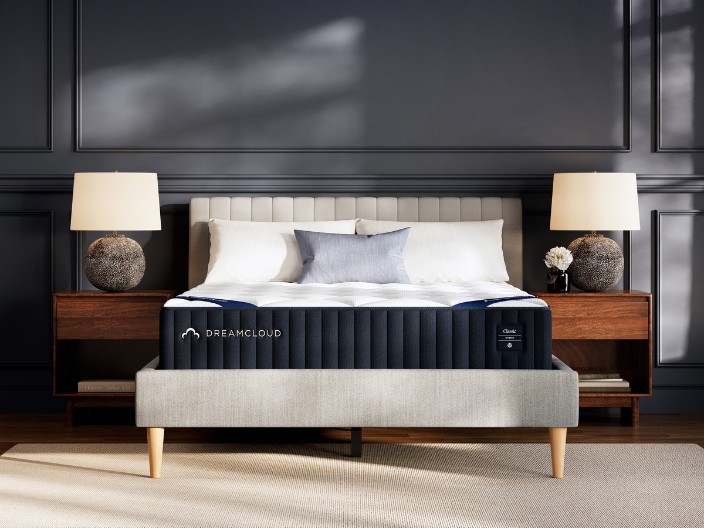What Is Light Sleep Stage – Light sleep is used to refer to the kind of sleep that we go into during the first two stages of nREM sleep. As the name suggests, sleeping light at the time is quite different from deep sleep which is the third stage of non-REM sleep. Normally, the first stage of non-REM makes up about 3% of our total sleep time.
Our brain doesn’t really linger that much at the first stage as it simply acts as a transition between our waking time and sleeping time. All light sleeping happens at the 2nd stage of non-REM sleep. This is where most adults spend more than half of their nights. For those who are wondering, “What is light sleep?”, it’s basically the first two stages of our sleep cycle.










